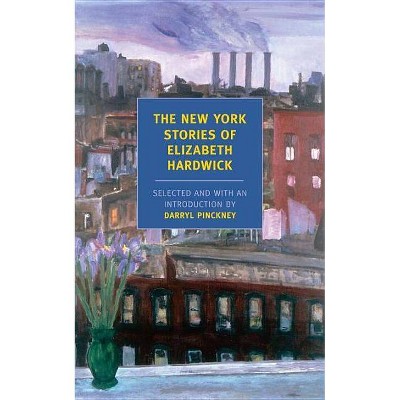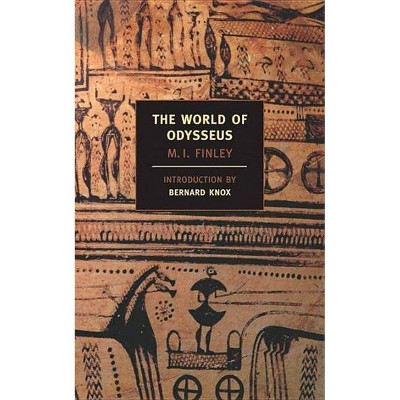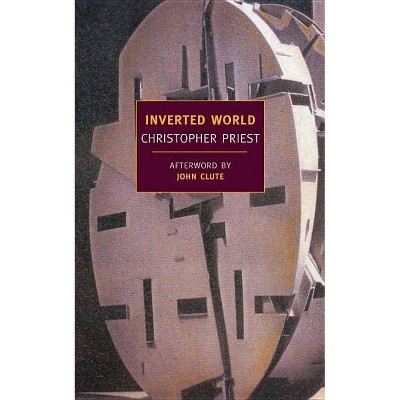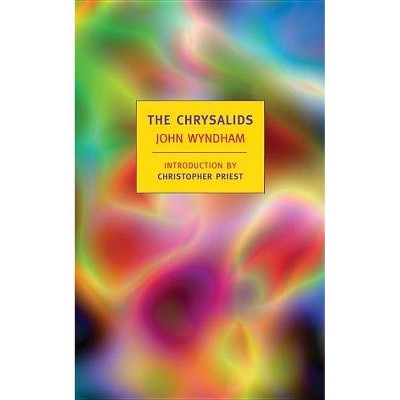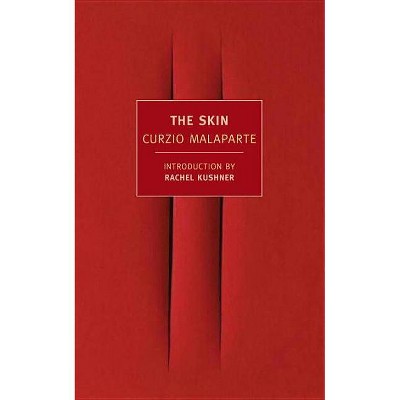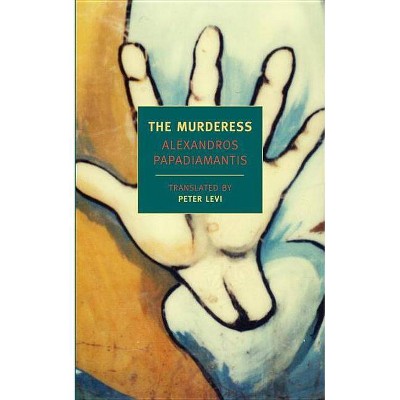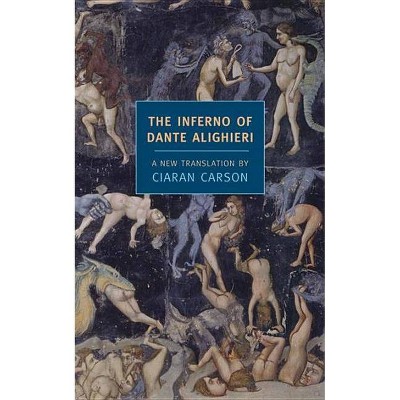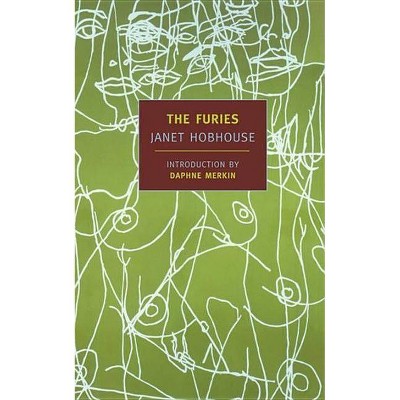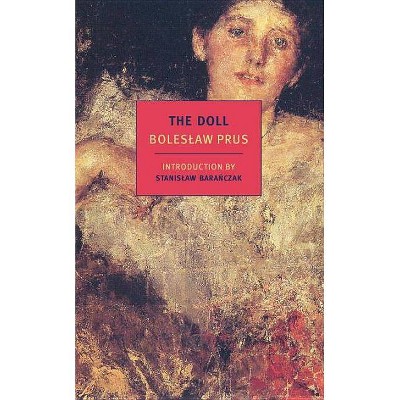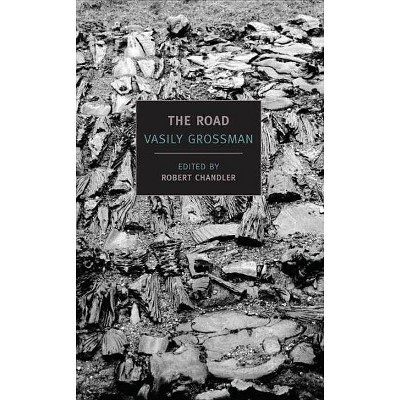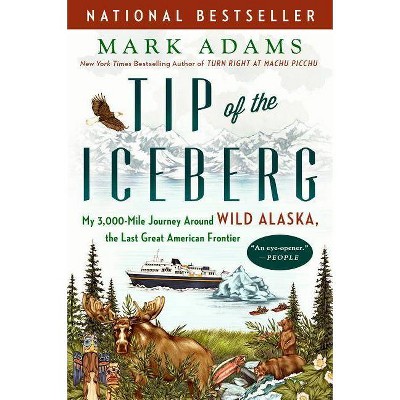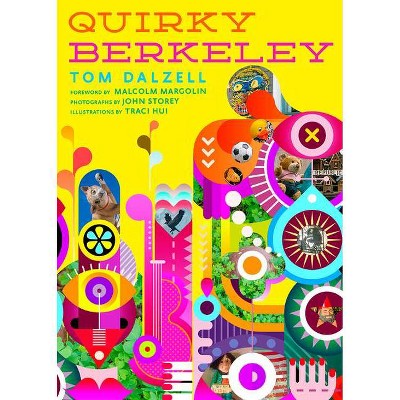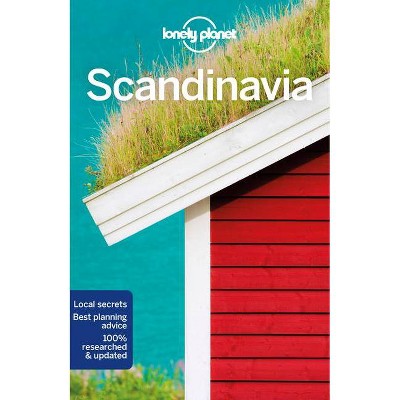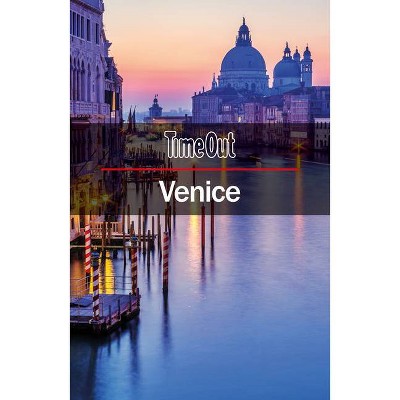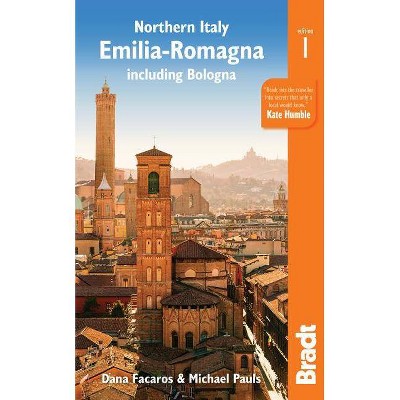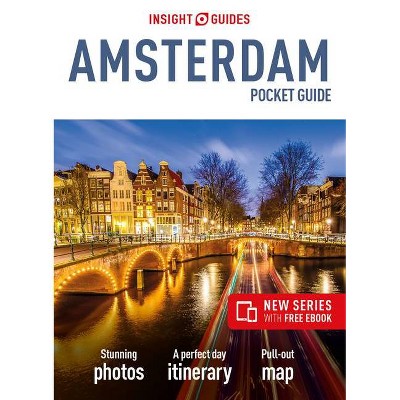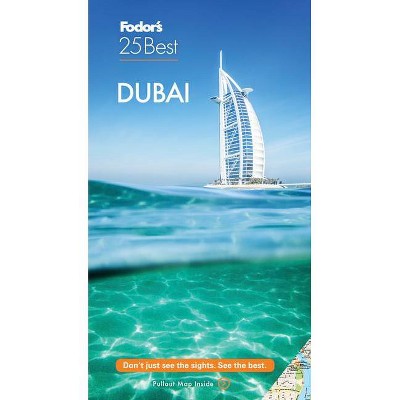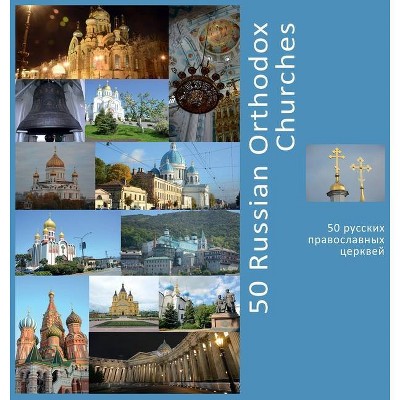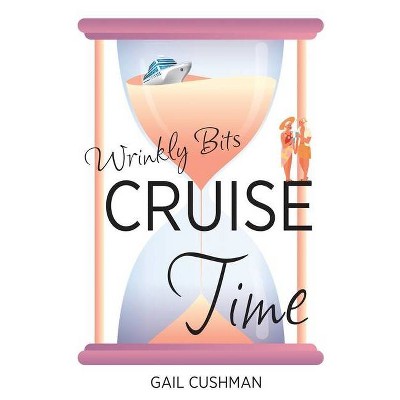The Way of the World - (New York Review Books Classics) by Nicolas Bouvier (Paperback)
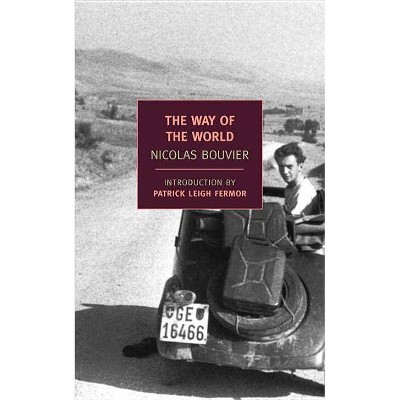
Similar Products
Products of same category from the store
AllProduct info
<p/><br></br><p><b> Book Synopsis </b></p></br></br>In 1953, twenty-four-year old Nicolas Bouvier and his artist friend Thierry Vernet set out to make their way overland from their native Geneva to the Khyber Pass. They had a rattletrap Fiat and a little money, but above all they were equipped with the certainty that by hook or by crook they would reach their destination, and that there would be unanticipated adventures, curious companionship, and sudden illumination along the way. <i>The Way of the World</i>, which Bouvier fashioned over the course of many years from his journals, is an entrancing story of adventure, an extraordinary work of art, and a voyage of self-discovery on the order of Robert M. Pirsig's <i>Zen and the Art of Motorcycle Maintenance.</i> As Bouvier writes, "You think you are making a trip, but soon it is making--or unmaking--you."<p/><br></br><p><b> From the Back Cover </b></p></br></br>"Belgrade. "Midnight was chiming when I stopped the car in front of the Cafe Majestic. A friendly silence reigned over the still warm street. Through the lacy curtains I saw Thierry sitting inside. He had drawn a life-size pumpkin on the tablecloth and was killing time filling in the pips ... I gazed through the window for a long time before joining him at the table. We clinked glasses. I was happy to see this old project taking shape, and he to have a companion". In June 1953, Nicolas Bouvier and an artist friend set off in an old Fiat Topolino and very gradually worked their away across Yugoslavia, Greece, Turkey, Iran, Afghanistan, India, Pakistan. Bouvier made notes; in Baluchistan they disappeared; it didn't matter; he remembered everything. Ten years later he published L 'Usage du Monde, which quickly became a cult travel bible in France, and was subsequently translated into a number of European languages. It is now available in English for the first time. The Way of the World is an elegant and quietly knowing account of eighteen months spent in towns and countrysides where foreign visitors were not so often seen as they are today. Bouvier's abilities at description rank with the best; he favors the small incident, the fleeting encounter, the telling gesture above the dramatic and exotic. The Way of the World is a fine and nuanced account of one culture confronting another, and like the best travel writing, reflects convincingly on the meaning of the experience.<p/><br></br><p><b> Review Quotes </b></p></br></br><br><p>A genuine masterpiece, an exhilarating, innocent, perceptive and wholly enjoyable young man's travel book, and a discovery of the Asian road that by rights deserves to occupy the same shelf as great classics of the genre such as Robert Byron's <i>The Road to Oxian</i>a or Eric Newby's <i>Short Walk in the Hindu Kush</i>. --<i>The Financial Times</i></p><p><br>The exhilaration of the open road and the feeling of connectedness to the natural world that it can produce, is, after all, a common human experience. Simply expressed, it has produced some of mankind's greatest writing. The Swiss travel writer Nicolas Bouvier explores this territory in his youthful masterpiece, <i>The Way of the World, </i> where he conveys as well as anyone the raw intoxication of being on the road." --<i>The New York Times<br> </i></p><p><i>The Way of the World</i> is a masterpiece which elevates the mundane to the memorable and captures the thrill of two passionate and curious young men discovering both the world and themselves. Racy and meditative, romantic and realistic, the book is as brilliant as Patrick Leigh Fermor's <i>A Time of Gifts</i>, but with its erudition more lightly worn and as alive as Kerouac's <i>On the Road, </i>though without a whisper of self-aggrandisement...On every page a gem or two glitters, and the accumulation of colour, detail and inspired metaphor produce an intensely hypnotic effect...If you read any travel book this year--or indeed the next forty years--this should be it. --Rory Maclean, <i>The Guardian</i> (UK)</p><p>Bouvier has all the gifts a travel writer could want--curiosity, tolerance, hardiness--but above all he has a poet's sensibility with words. His is a lyrical style that is as pure as spring air. --James Owen, <i>Telegra</i>ph (UK) </p><p><br>...it's about a journey in the 1950s from Belgrade to India. They try to go to India in a tiny battered Fiat and it takes them several years, these friends, and it probably describes the attraction of travel better than any book I've ever read. --Roy Moxam</p><p>Bouvier wrote only a handful of books, but this relatively small production has attained classic status in Europe...His prose is at once musical and remarkably factual, while the odd detail always seems captured with the deftness of a haiku poet. His gift for summing up significant experiences often rivals Thoreau's. --<i>Paths to Contemporary French Literature</i></p><p> </p><p>A classic on the Continent; [Bouvier's] youthful masterpiece...has something close to biblical status for the current generation of French travel writers....Like Lévi-Strauss, like Chatwin, like Sebald even, his writing binds elements of autobiography and travelogue, history and literature. Yet Nicolas Bouvier remains his own man; he is the minimalist of modern travel writing. --Ben Hutchinson<i>, Guardian</i> (UK)</p><p> </p><p>An exquisitely vivid and accurate translation. --<i>Paths to Contemporary French Literature</i></p><p> </p><p>It is difficult to isolate the best moments of [<i>The Way of the World</i>]. Bouvier is a colourist and a miniaturist of the highest order. --<i>Le Monde</i></p><p> </p><p>Bouvier alerts the reader to the transcendant dimensions of travel. --Jasion Elliot</p><p> </p><p>...like a meteor which comes to light up our atmosphere. --André Rollin</p><p> </p><p>In the tradition of great travel writing it is beautifully written and works on many levels - being an account of the journey, a meditation on life and an appreciation of the spirit of a place. --Sarah Anderson, founder of the Travel Bookshop, in <i>The Guardian</i></p><br><p/><br></br><p><b> About the Author </b></p></br></br><b>Nicolas Bouvier</b> (1929-1998) was born near Geneva. His father was a librarian, who encouraged his son both to read--among the books Bouvier devoured as a child were those of Stevenson, Jules Verne, Jack London, and Fenimore Cooper--and to travel. Bouvier studied for some years at the University of Geneva, but in 1953 he left without a degree to join his friend Thierry Vernet in the voyage to the Khyber Pass that is described in <i>The Way of the World</i>, published eight years later. Subsequent journeys took Bouvier to Sri Lanka (his experiences there inspired his one novel, <i>The Scorpion Fish</i>), Japan, and the Aran Islands (described in the books Japanese Chronicles and Journey to the Aran Islands and Other Places). Bouvier worked for many years as a photographer and as a picture researcher, spending much of his time hunting down obscure images in various libraries and archives. He was also a founding member, along with Max Frisch and Friedrich Dürrenmatt and others, of Gruppe Olten, an informal organization of Swiss writers on the political left, and the author a slim book of poems, <i>Le Dehors et le dedans</i> (1982). <p/> <b>Patrick Leigh Fermor</b> (1915-2011) was an intrepid traveler, a heroic soldier, and a writer with a unique prose style. After his stormy schooldays, followed by the walk across Europe to Constantinople that begins in <i>A Time of Gifts</i> (1977) and continues through <i>Between the Woods and the Water</i> (1986), he lived and traveled in the Balkans and the Greek Archipelago. His books <i>Mani</i> (1958) and <i>Roumeli</i> (1966) attest to his deep interest in languages and remote places. In the Second World War he joined the Irish Guards, became a liaison officer in Albania, and fought in Greece and Crete. He was awarded the DSO and OBE. He lived partly in Greece--in the house he designed with his wife, Joan, in an olive grove in the Mani--and partly in Worcestershire. He was knighted in 2004 for his services to literature and to British-Greek relations. <p/> <b>Thierry Vernet</b> (1927-1993) was born in Grand-Saconnex in the canton of Geneva. He studied painting and stage design with Jean Plojoux and Xavier Fiala, and worked as a stage designer for productions throughout Europe. He was married to the painter Floristella Stephanie. <p/><b>Robyn Marsack</b> has been director of the Scottish Poetry Library since 2000. She has degrees in English literature from Victoria University (New Zealand) and Oxford, and has worked as an editor for the <i>Carcanet Press</i>. She won the Scott Moncrieff Prize for her translation of Nicolas Bouvier's <i>Le Poisson-scorpion</i> (<i>The Scorpion Fish</i>).
Price History
Cheapest price in the interval: 16.99 on October 22, 2021
Most expensive price in the interval: 16.99 on November 8, 2021
Price Archive shows prices from various stores, lets you see history and find the cheapest. There is no actual sale on the website. For all support, inquiry and suggestion messagescommunication@pricearchive.us
